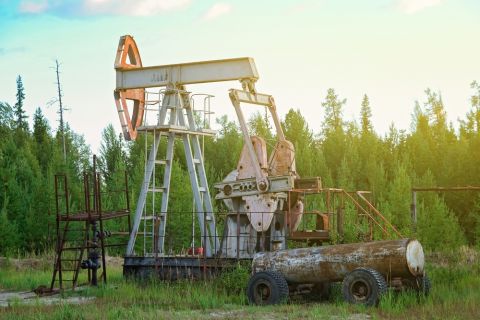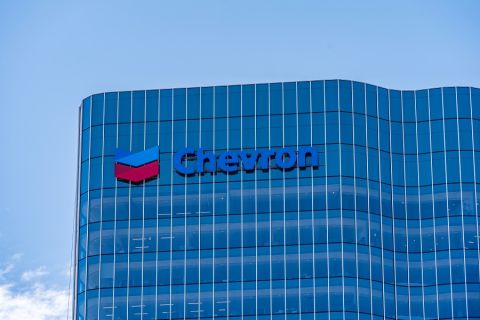California Gov. Jerry Brown on Sept. 10 signed a bill requiring the state to source electricity from exclusively carbon-free sources by 2045, a move aimed at combating climate change that clashes with U.S. President Donald Trump's pro-fossil fuel policies.
The law makes California the largest global economy to commit to 100% clean energy. Hawaii is the only other U.S. state to set a similar goal.
"There is no understating the importance of this measure," Brown said at a signing ceremony in Sacramento surrounded by state lawmakers.
The law sends a message that California supports the global Paris agreement to fight climate change, he said. Trump withdrew from the accord last year over concerns that it would hurt the U.S. economy, making the United States the only country to do so.
"We are going to meet the Paris agreement and we're going to continue down that path to transition our economy to zero carbon emissions," Brown said.
Brown's signing came days before he hosts a gathering of local, international and business leaders in San Francisco to highlight the urgency of addressing climate change.
California has repeatedly clashed with the federal government's policies on climate change, immigration and other issues since Trump became president.
The bill received strong support from environmental activists, renewable energy companies and public health groups. The state's biggest utilities, however, opposed the measure.
Utility Pacific Gas & Electric said the law could raise customer bills and make the grid less reliable. "If it's not affordable, it's not sustainable," utility spokeswoman Lynsey Paulo said in an emailed statement.
The clean energy bill, known as SB 100, passed the legislature last month.
The law requires utilities to source 60% of their power from renewable energy by the end of 2030, up from a prior goal of 50%. By 2045, all of the state's electricity must come from renewable or other zero-carbon sources.
In 2017, 32% of California's retail electricity sales were served by renewable energy facilities, according to the California Energy Commission.
Recommended Reading
CEO: Continental Adds Midland Basin Acreage, Explores Woodford, Barnett
2024-04-11 - Continental Resources is adding leases in Midland and Ector counties, Texas, as the private E&P hunts for drilling locations to explore. Continental is also testing deeper Barnett and Woodford intervals across its Permian footprint, CEO Doug Lawler said in an exclusive interview.
NAPE: Turning Orphan Wells From a Hot Mess Into a Hot Opportunity
2024-02-09 - Certain orphaned wells across the U.S. could be plugged to earn carbon credits.
Proven Volumes at Aramco’s Jafurah Field Jump on New Booking Approach
2024-02-27 - Aramco’s addition of 15 Tcf of gas and 2 Bbbl of condensate brings Jafurah’s proven reserves up to 229 Tcf of gas and 75 Bbbl of condensate.
Chevron Hunts Upside for Oil Recovery, D&C Savings with Permian Pilots
2024-02-06 - New techniques and technologies being piloted by Chevron in the Permian Basin are improving drilling and completed cycle times. Executives at the California-based major hope to eventually improve overall resource recovery from its shale portfolio.
Exclusive: Carbo Sees Strong Future Amid Changing Energy Landscape
2024-03-15 - As Carbo Ceramics celebrates its 45th anniversary as a solutions provider, Senior Vice President Max Nikolaev details the company's five year plan and how it is handling the changing energy landscape in this Hart Energy Exclusive.





